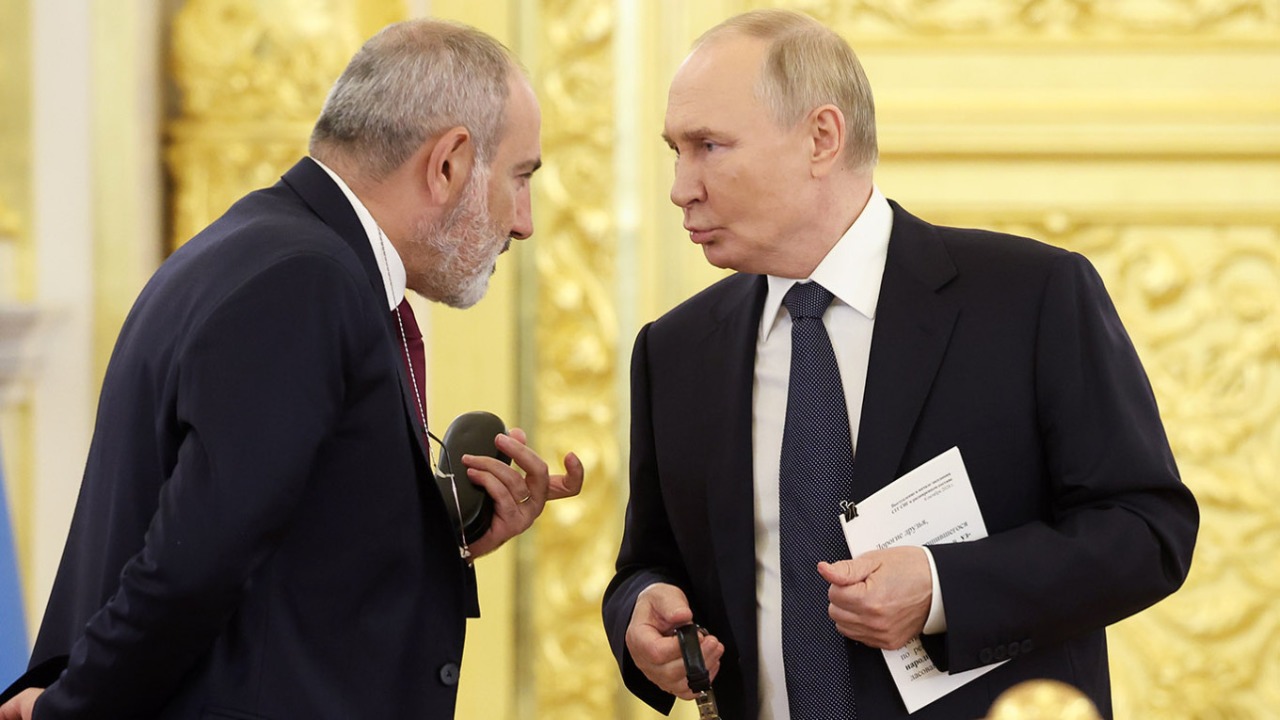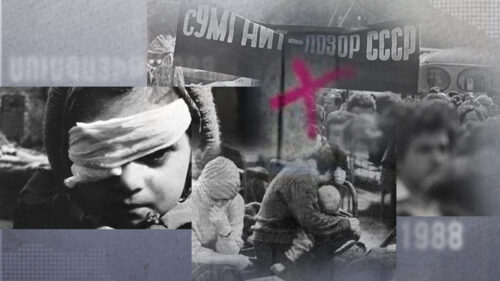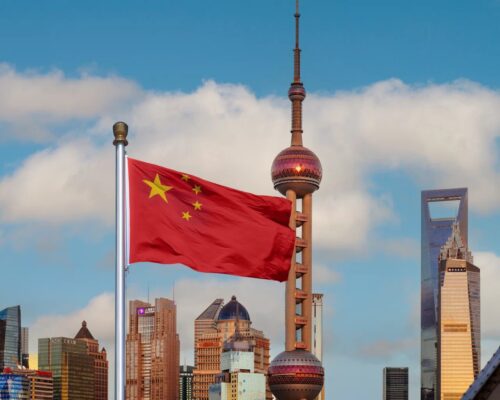
Armenia may be rethinking its security alliances, but it won’t become a separate planet in the South Caucasus, says The Moscow Times
For decades, Armenia was one of Russia’s most reliable post-Soviet allies — a small but loyal partner nestled in the volatile South Caucasus. But that marriage of convenience is now rapidly unraveling, The Moscow Times writes.
According to the author of the article, Jason Corcoran, today, Yerevan is no longer whispering discontent. It is shouting it from the rooftops. And Moscow? It is scrambling to salvage the remains of its diminishing influence with soft power schemes and desperate political maneuvers.
As noted, the writing is now on the wall. Armenia is done waiting for a protector that never arrives.
The rupture can be traced most clearly to 2021 and 2022, when Azerbaijani forces launched cross-border attacks on Armenian territory and killed hundreds of Armenian soldiers. A founding member of the Russian-led Collective Security Treaty Organization (CSTO), Armenia expected solidarity. Instead, it got silence.
From Armenia’s perspective, Azerbaijan likely would not have moved on Nagorno-Karabakh if Russia had not invaded Ukraine. The war drained the Kremlin’s resources and attention, leaving a power vacuum in the South Caucasus. Baku seized the moment, knowing Russia was too distracted and weakened to respond.
As the article states, the CSTO’s refusal to intervene shattered the illusion that Russia would uphold its end of the bargain. When Nagorno-Karabakh, a region long supported by Armenians, was blockaded and then swiftly captured by Azerbaijan in 2023, Russian peacekeepers stood idly by. To Armenians, this was betrayal.
“Armenia is now rapidly shedding its long-standing dependence on Russia as its primary security guarantor and shifting toward a policy of strategic diversification. No longer content to be a geopolitical satellite, Armenia is pursuing deeper ties with the European Union, strengthening cooperation with the United States, and seeking normalization with Turkey,” Corcoran writes.
He noted that Sergei Kiriyenko, Vladimir Putin’s First Deputy Chief of Staff, has been tasked with reviving Russian influence in Armenia ahead of the 2026 parliamentary elections. According to him, this will not be easy. Russian sources themselves admit there is now “no one to speak for Russia” in Armenia.
Kiriyenko’s playbook reportedly begins with “informational work.” As noted, it is hard to win hearts with empty promises, especially from the country that abandoned you in war. But Putin will not back off so easily. The appointment of Kiriyenko is part of a last-ditch effort to stem the tide, but it’s likely too little, too late. Kremlin-friendly voices in Armenia are losing credibility, and the Armenian public is no longer afraid to question Russia’s motives or competence.
“Armenia may be rethinking its security alliances, but it won’t become a separate planet in the South Caucasus. Geography is destiny. Russia remains a neighbor — even without a shared border — and trade with Moscow is still a key pillar of Armenia’s economy,” Corcoran states, adding that the country also remains heavily dependent on Russia for natural gas and electricity.
The publication states that Pashinyan’s visit to Moscow for Victory Day on May 9 was a calculated gesture to reassure the Kremlin that Armenia’s Western pivot does not mean cutting Russia off entirely. But in a sign of growing unease in Moscow, Russian Foreign Minister Sergei Lavrov traveled to Yerevan last month for talks with Pashinyan—a visit widely seen as an attempt to reassert Russia’s fading influence.
“The optics were clear: Armenia is no longer looking to Moscow as its default protector. Lavrov arrived not as a trusted ally, but as a messenger from a power whose security guarantees have repeatedly failed. If Russia truly wants to remain relevant in the South Caucasus, it needs to reckon with the fact that coercion no longer works,” Corcoran noted, adding that Russia may still be present, but it is no longer calling the shots.



